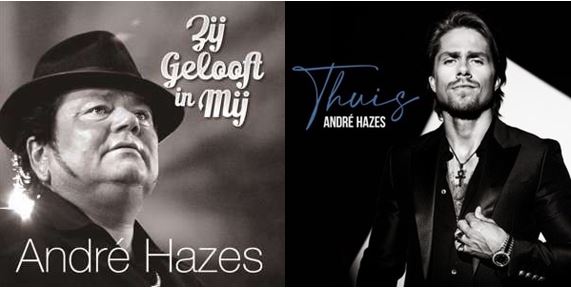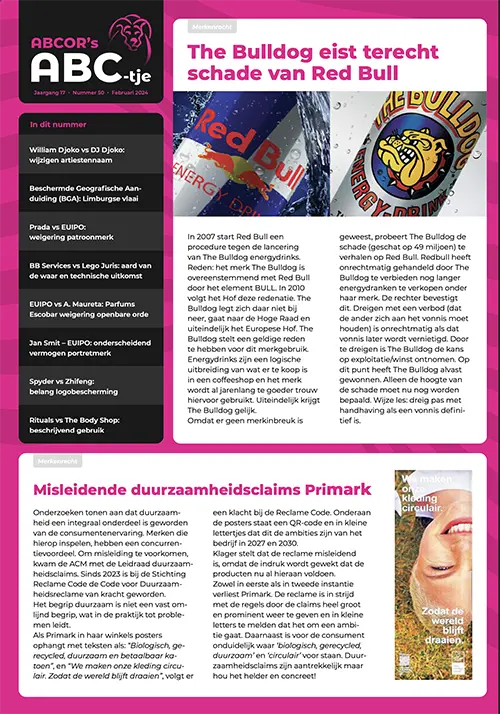From a trademark law perspective, Rachel has a strong case. As the owner of the ANDRE HAZES trademark since her husband’s death, she has exclusive rights to use it for various products and services, including CDs, concerts, and beers. This gives her a monopoly on the brand’s use for these registered items. André Jr. cannot freely use the trademark for his CDs, performances, or website without permission. There’s also the potential for confusion – if someone requests an André Hazes CD, which version would they receive: senior’s or junior’s?
However, timing is crucial in this dispute. Rachel has known about her son’s use of the name for years. If André Jr. has been using it for over five years, Rachel may have lost her right to challenge it. Tolerating trademark infringement for more than five years can be legally detrimental to her case. This raises the question: why is she taking action now? The conflict has escalated to the point where the lawyers for both parties are now discussing the issue.
This case highlights important lessons for artists and brand owners. Register your stage name as a trademark. Act swiftly if you suspect infringement. Consider registering a fictional artist name as a trademark to avoid family conflicts. (Author: Melvin Kalika, Source image: EMI/ Label Top).

